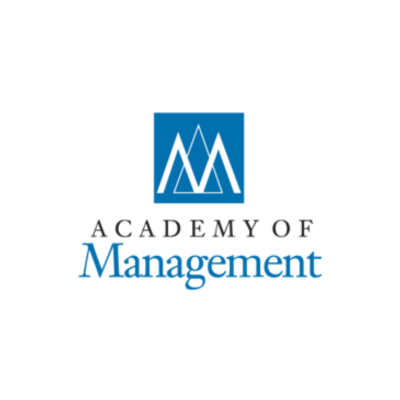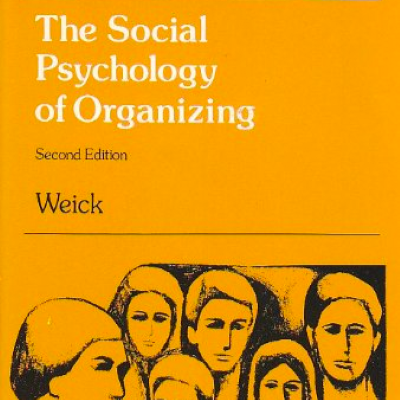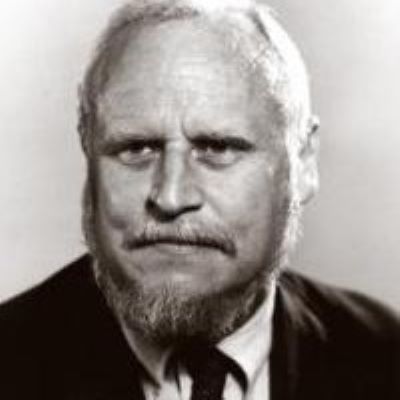Ideas From Michigan Ross Faculty That Changed Business Education

Michigan Ross has come a long way in the past century.
We’ve paved the way for modern industry practices from accounting to human resources, pioneered action-based learning, and prepared students for successful roles in professions and industries where they are making a major impact.
Our renowned faculty members have played a vital role in the success of Michigan Ross over the decades. Throughout our centennial year, we are highlighting the exceptional work of Ross faculty from the past and present. We invite you to read about their groundbreaking philosophies and transformative ideas that changed the landscape of business education.
See Our Full List of Ideas with Impact
Ideas That Helped Build the Foundation of Business Education
Here are a few of our faculty’s powerful ideas, which have made a significant impact on Ross, the business world, and society.
 The Establishment of the Academy of Management
The Establishment of the Academy of Management
1941
In 1936, recognizing the importance of the evolving field of management education, Professor Charles Laselle Jamison proposed an organization dedicated to supporting high-quality research, teaching, and practice in the field. His vision led to the official launch of the Academy of Management in 1941. Since then, the Academy of Management has become an internationally recognized association for management and organization scholars.
Later in his career, Jamison would cement his legacy as a pioneer in strategic management by publishing his 1953 textbook on business policy. The textbook was among the first on the subject and showcased his invaluable contribution to the field.
read more
 Sense-Making and the Creation of Organizations
Sense-Making and the Creation of Organizations
1969
Professor Karl Weick was an iconic founder of the field of organizational behavior. Starting with his seminal book, The Social Psychology of Organizing, which was published in 1969, Weick's ideas had enormous influence, shaping organizational scholarship over the next decades and to this day.
His book has been cited more than 35,000 times, and his other work on the topic has been cited more than 13,000 times. His pioneering work has instilled a highly influential perspective on the people attempting the organizing work that goes into organizations.
read more
 Entrepreneurship Education at Michigan Ross
Entrepreneurship Education at Michigan Ross
1970
Michigan Ross has long been a pioneer in entrepreneurial education, introducing the nation's first course on entrepreneurship in 1927. However, in the early 1970s, Professor LaRue Hosmer played a pivotal role in championing entrepreneurship education at Ross. He developed and taught courses in small business management and a seminar on small business formation. He is considered the founder of the Michigan Entrepreneur Track and has also inspired present-day entrepreneurship faculty at Michigan Ross, including Professor Andy Lawlor.
Over the years, many successful companies have been born from Hosmer and Lawlor's teaching.
read more
 Michigan Ross Faculty Pioneer and Support the Inefficient Markets Argument
Michigan Ross Faculty Pioneer and Support the Inefficient Markets Argument
1982
Michigan Ross is known for being one of the first places to promote and provide rigorous evidence contrary to the efficient market hypothesis. The work of Professor Victor Bernard, a faculty member from 1982-1995, played a huge role in the beginnings of literature on market inefficiency. His work in valuation and fundamental analysis was the first to provide evidence that investors could not fully process information in earnings releases.
Bernard's work twice won the Notable Contribution to the Accounting Literature Award.
read more







